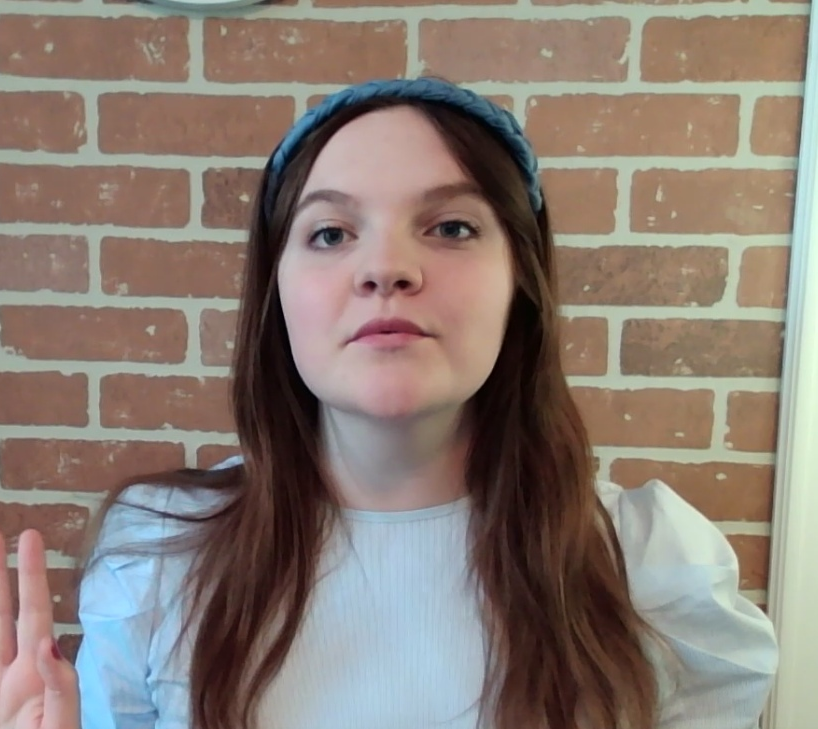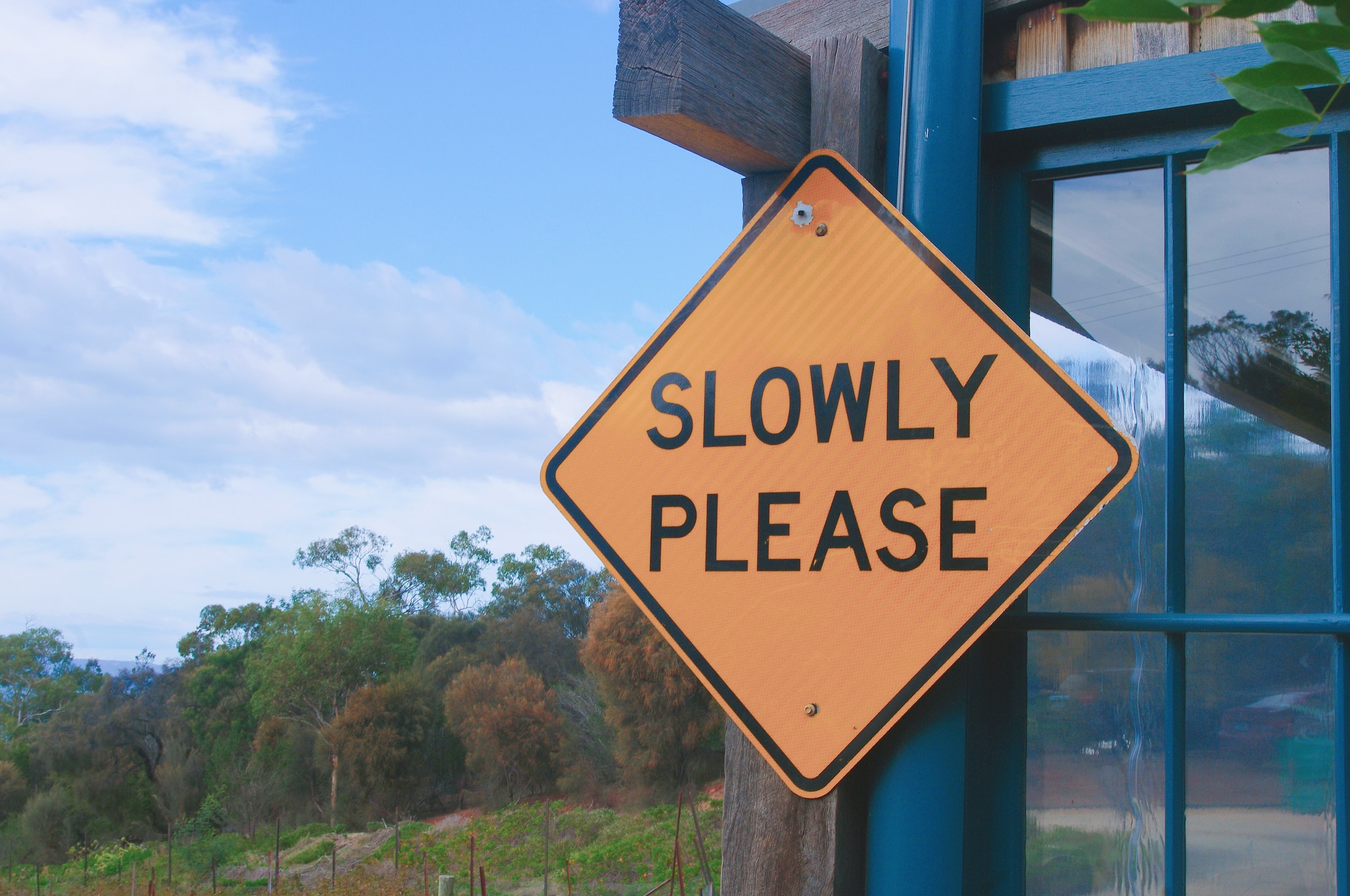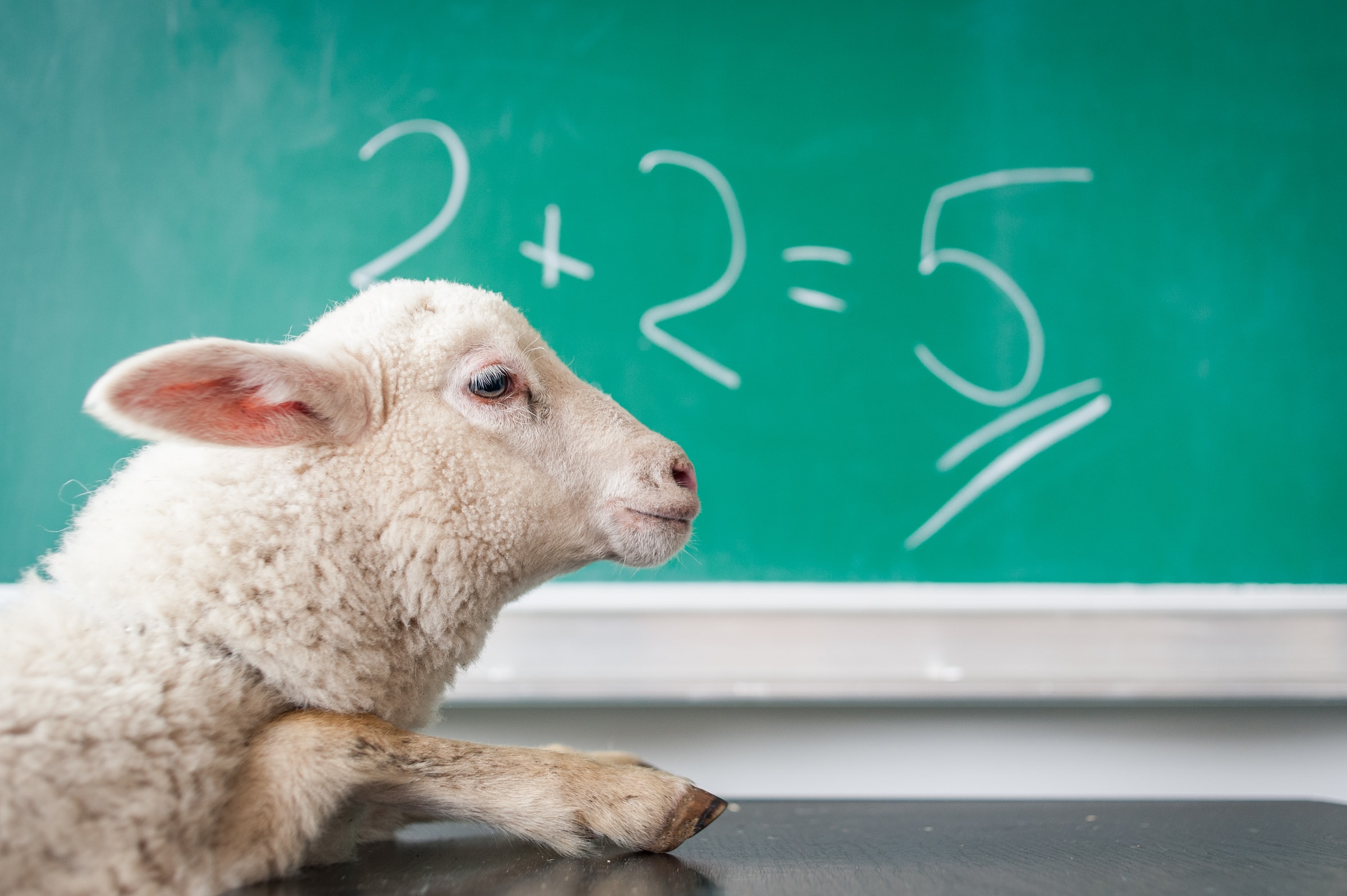Today we will talk about articles, how many there are in English and how to use them. In the English Language the word “article” can have two meanings: the first is a piece of some written information (like scientific research, investigation, news report, etc.) and the second meaning is a part of speech, which is usually put before a noun, such as “a, an, the” (e.g. a peach, an orange). And we will study definite, indefinite and zero articles “a, an, the”. So, let us start!
We usually put an article before a singular noun. The noun is a word that expresses some object, person or issue and answers the questions “What?/Who?”, like “an apple, a dog, a person, etc.”. It’s also important to know that we never use articles before pronouns, you can not say: “It is a my room”, say “It is my room”. Note down, that if before a noun goes an adjective (e.g. It is a big room) or an adverb + adjective (e.g. It is a very big room), we put the article before the adjective/adverb as in the examples. You can also check the word order rules in the table below.
Table 1. Word order of English articles
| Scheme | Example |
| Noun | It is a film. |
| Adjective + Noun | It is a funny film. |
| Adverb + Adjective + Noun | It is a very funny film. |
| Pronoun + Noun | It is my popcorn. |
In the English language, there are four articles. These are:
- a
- an
- the
- zero article
Firstly, let us talk about the articles “a/an”. They are named indefinite, because we put them before a general or not certain noun or an object we talk about for the first time. For instance: “He is a friend of mine. I want to eat an apple”. And why do we need two indefinite articles? It’s simply because before the nouns that start with a consonant (b/d/f/h etc.) we put “a” and before the nouns starting with a vowel (a/e/i/o/u) we put the article “an”. This rule is needed because of some phonetic nuances. It will be really hard to articulate two vowels separately, like “a apple”, it’s much easier to add “n” and pronounce “an apple”. That is why now we have two indefinite articles: “a” and “an”. But, it is not always so, there are some exceptional cases, when we shall write “an” before a noun that starts with a consonant! It usually happens with the nouns starting with “h”, for example in the words “an honour /ˈɒnə/, an heir /eə/”. The letter “h” is not pronounced, that is why we firstly say a vowel instead of a consonant and shall use “an”
The next article - “the” is named definite. We should use it before a certain noun or an object we talk about not for the first time. Compare these two examples: “I want to eat an apple. The red apple looks delicious.”
And the last article is named “zero article”. It means that certain nouns do not require articles, so we use the zero article before them. For example, these are some geographical names, like streets, cities: “I live on Downing Street. I’m going to London”. Use zero article with abstract nouns (e.g. I don’t like modern education), people’s names (e.g. It is Bill), days and months (e.g. Let’s meet on Monday!), languages and academic subjects (e.g. I love studying English History”. You should not use indefinite articles with uncountable nouns, so use zero article instead, for example: “I eat pasta every day”. “Pasta” is an uncountable noun, so we should use the zero article here.
To sum up, we know that there are four articles: “a, an, the, zero article”. Indefinite articles “a/an” are used with a not certain noun/noun phrase and the definite article “the” is used with a certain noun/noun phrase. The “zero article” is used with some special nouns, like names, months, etc. Well, not that hard, isn’t it? For your convenience there is Table 2 below, where you can check the information discussed above.
Table 2. Four English articles
| Article | Usage | Example |
| a | uncertain object starting with a consonant | Give me a piece of pizza. |
| an | uncertain object starting with a vowel | Give me an apple. |
| the | certain object | I want an apple, give me the red apple. |
| zero article | special groups of nouns, that don’t require any article | I like pizza that is made in New York. |










Comments (1)